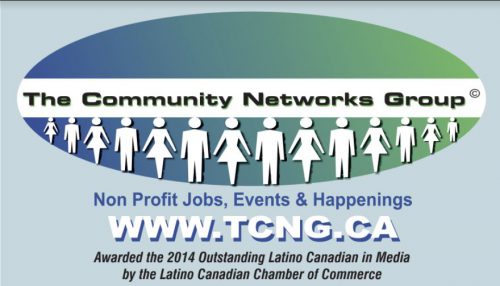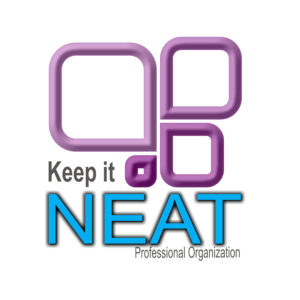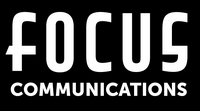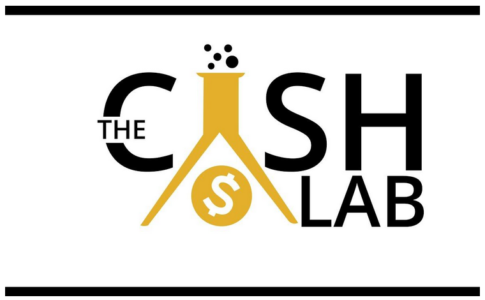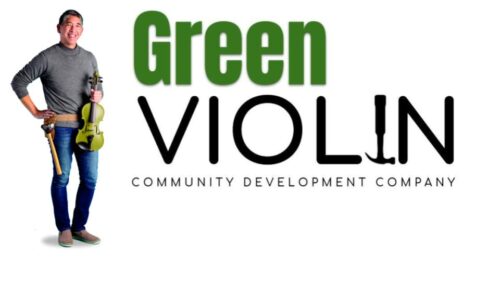We have long known about the hierarchy of needs from psychology. Once basic biological and safety needs are met, people naturally begin to seek social relationships, trust, respect and recognition and a sense of belonging. Once those social needs are met we spend time in search of higher meanings, such as wisdom, mastering your skills or actualizing your personal potential.
I believe that people are designed by Nature to seek a deeper meaning, to feel they make a difference or contribute to something bigger than themselves. Without a supportive outlet for this meaning quest people get anxious and even depressed. For some people who feel trapped in a bureaucracy or assembly line, self-employment may be a viable path forward in a meaning quest. Self-employed Joseph Lui lists his top new-found meaningful forms of wealth: personal profile, health, relationships and freedom[1].
If you do a web search on meaningless work you will find a large number of articles[2]. Roughly 40 per cent of workers report that their work is meaningless. One UK anthropologist, David Graeber[3], studied this and found that many people in white-collar and service sector jobs for which they are paid for 35- 40 hours per week are actually productive for less than half that time. Much of the work being done fills non-economic agendas. In large corporations more time is spent acquiring wealth and power[4] not only at the board and executive levels, but among middle managers and their subordinates

To some extent what may be responsible for the felt meaninglessness are the multiple layers that stand between the workers and the benefits received by customers or the public. The work is so highly specialized that you can’t see what good it does. You don’t see a physical product at the end of the day. Whether embedded in an assembly line or an office administration process, you think of yourself as easily replaceable. Almost anyone could take your place and no one would notice. Your education, prior experience, even your IQ, are largely irrelevant. Maybe the job isn’t even necessary. These are now called “bullshit jobs”[5].
It would be doubtful if the same level of meaningless was to be found among self-employed people or those working in small business. In small business you need to prove your productivity every day. You can’t hide. You need to master many practical skills and make up businesses processes as you go. Some of the highest functioning and happiest individuals I have ever met are self-employed or running small businesses.
Its not like these people were necessarily born that way. As a business coach I witnessed transformations from disgruntled laid-off middle-aged workers to highly composed effective entrepreneurs. They were sputtering out and then firing on all cylinders! There are studies in psychology that show how our hormones[6] and leadership behaviours change as we experience and overcome challenges. Along with these changes comes a new attitude and self-respect. It becomes a virtuous circle of personal progress.
I am not trying to glamorize self-employment. It is rarely easy to become a highly successful entrepreneur. In my opinion the most important key is to build the right business model for you. It means fully appreciating and expressing your core strengths and passions. It includes surrounding yourself with positive people who share your enthusiasm and complement your skill sets. I believe this is the path toward a most meaningful life for many people. Get a little help from your friends to be all you can be!
Randal Adcock, MA
Wayfinders Business Co-operative
www.Wayfindersbusinesscooperative.ca
[1] 4 Ways Self-employment Changed How I Define ‘Wealth’, Joseph Liu, Huffpost, December 6,2017
[2] E.g. Too many jobs feel meaningless because they are, Mark Buchanan, BNN Bloomberg, August 1, 2018
[3] What’s the Point of Pointless Jobs? David Graeber, London School of Economics, The Globe and Mail, May 18, 2018
[4] Xavier Gabaix, MIT in BNN Bloomberg, August 1, 2018
[5] Bullshit Jobs: A Theory, David Graeber, London School of Economics, 2015
[6] The 4 “Happy” Chemicals Behind Every Great Leader [Insights from Simon Sinek, Leaders Eat Last], Rob Ruffolo, Impact, November 2, 2015.





